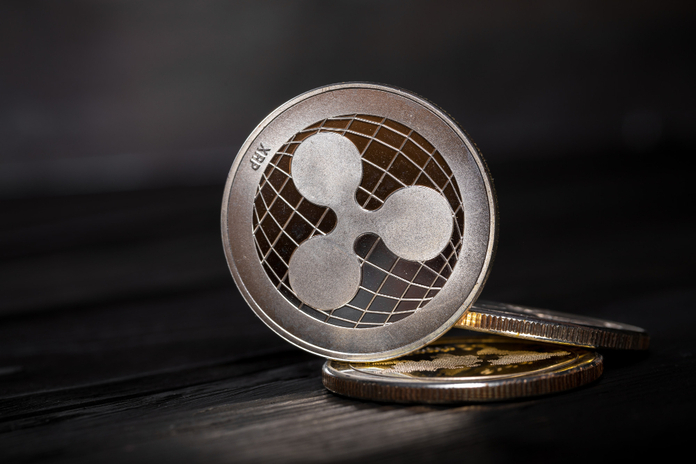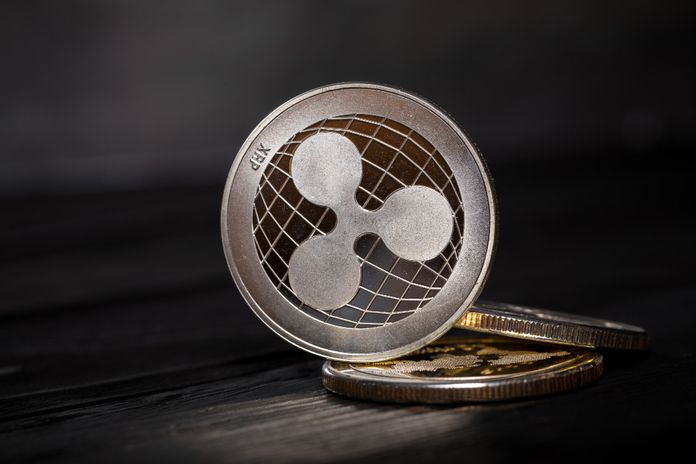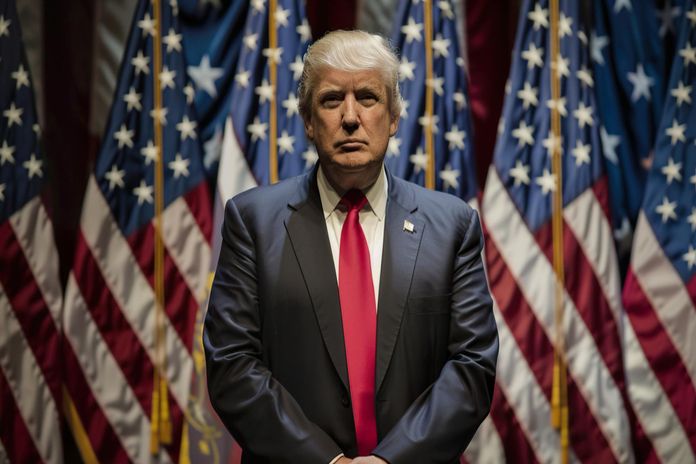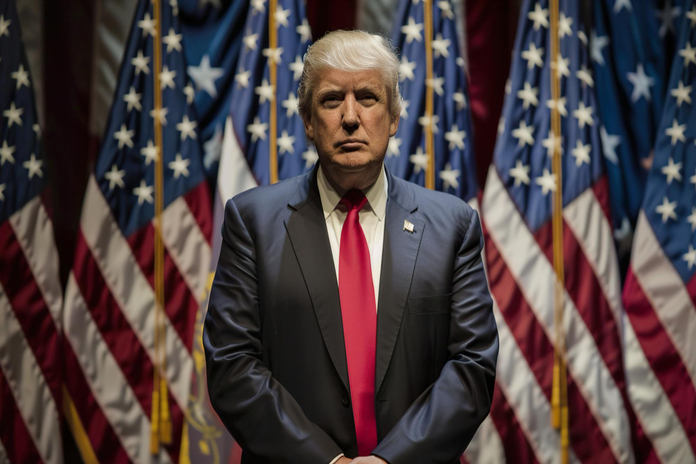Ripple SEC Case Dropped as Trump Eases Crypto Regulations

Ripple CEO Brad Garlinghouse announced that the long-running Ripple SEC case has ended, marking a significant victory for the San Francisco-based blockchain infrastructure company. This development reflects the shifting regulatory environment under President Donald Trump, whose administration has been quick to ease enforcement actions against crypto companies.
The U.S. Securities and Exchange Commission (SEC) had pursued Ripple since 2020, claiming that its sale of XRP constituted an unregistered securities offering. However, Garlinghouse confirmed in a Bloomberg Television interview on Wednesday that the case is now over.
Ripple’s Legal Battle with the SEC
The Ripple SEC case began in December 2020 when the SEC alleged that Ripple raised funds illegally by selling XRP without proper registration. For over four years, Ripple fought the lawsuit, spending more than $150 million in legal expenses to defend itself.
In a pivotal 2023 ruling, U.S. District Judge Analisa Torres determined that XRP only fell under securities law when sold to institutional investors. Although the SEC appealed that decision, it has now chosen to drop the case as part of a broader wave of regulatory changes.
XRP Price Surges Following the News
Following the announcement that the Ripple SEC case had concluded, the price of XRP surged by as much as 15%, reaching $2.59 on Wednesday. XRP, which remains the third-largest cryptocurrency by market value after Bitcoin (BTC) and Ethereum (ETH), has skyrocketed by nearly 400% since Trump’s election victory in November.
Analysts suggest that the termination of the case provides regulatory clarity for XRP, potentially encouraging further institutional adoption and paving the way for exchange-traded funds (ETFs) tied to the token.
Ripple Considers Next Legal Steps
Despite the favorable outcome, Ripple still faces a lingering decision regarding a $125 million fine that remains in escrow. Ripple’s Chief Legal Officer Stuart Alderoty stated that the company is “taking it under advisement” as they weigh whether to continue appealing aspects of the case or pay the fine.
This decision could have implications for Ripple’s future operations and its potential plans to expand its blockchain infrastructure offerings.
Ripple Eyes Acquisitions, Not IPOs
With the Ripple SEC case behind it, Ripple is now turning its focus toward acquisitions. Garlinghouse confirmed that filing for an initial public offering (IPO) is not a top priority at this time. Instead, Ripple plans to explore acquiring other blockchain infrastructure companies to strengthen its position in the rapidly evolving crypto space.
“We’ll look at other things that are blockchain infrastructure companies,” Garlinghouse said, emphasizing Ripple’s commitment to growth through strategic acquisitions.
SEC Eases Crypto Crackdown Under Trump
The end of the Ripple SEC case is part of a broader trend where the SEC, under Trump’s administration, has paused or dismissed several high-profile legal actions against crypto companies. Notable cases include lawsuits against Coinbase Global Inc. (NASDAQ:COIN) and Binance Holdings Ltd., along with threats of legal action against Robinhood Markets Inc. (NASDAQ:HOOD) and other decentralized platforms like Uniswap Labs and OpenSea.
Trump’s pro-crypto stance has ushered in a friendlier regulatory climate, providing relief to the digital asset industry that had been under intense scrutiny during President Joe Biden’s administration.
Ripple’s Political Influence in Crypto
Ripple has also played a notable political role during this shift. The company was a major donor during the last congressional election cycle and contributed $5 million worth of XRP to Trump’s inauguration festivities. Ripple executives, including Garlinghouse and Alderoty, have been photographed with Trump at Mar-a-Lago, underscoring the company’s close ties to the new administration.
Trump’s pro-crypto rhetoric and actions have won him praise from members of the digital asset community, with Ripple positioned as one of the key beneficiaries of this policy shift.
What’s Next for Ripple and XRP?
With the Ripple SEC case concluded, Ripple is well-positioned to pursue its growth agenda, focusing on acquisitions and expanding its influence in blockchain infrastructure. The regulatory clarity provided by the SEC’s decision could also accelerate institutional interest in XRP, paving the way for potential XRP-focused ETFs that may follow the success of Bitcoin and Ethereum ETFs.
As Ripple navigates its next steps, the conclusion of this landmark case signals a new era for crypto regulation in the United States, one where innovation may thrive under a more accommodating regulatory framework.
Featured Image: Freepik








